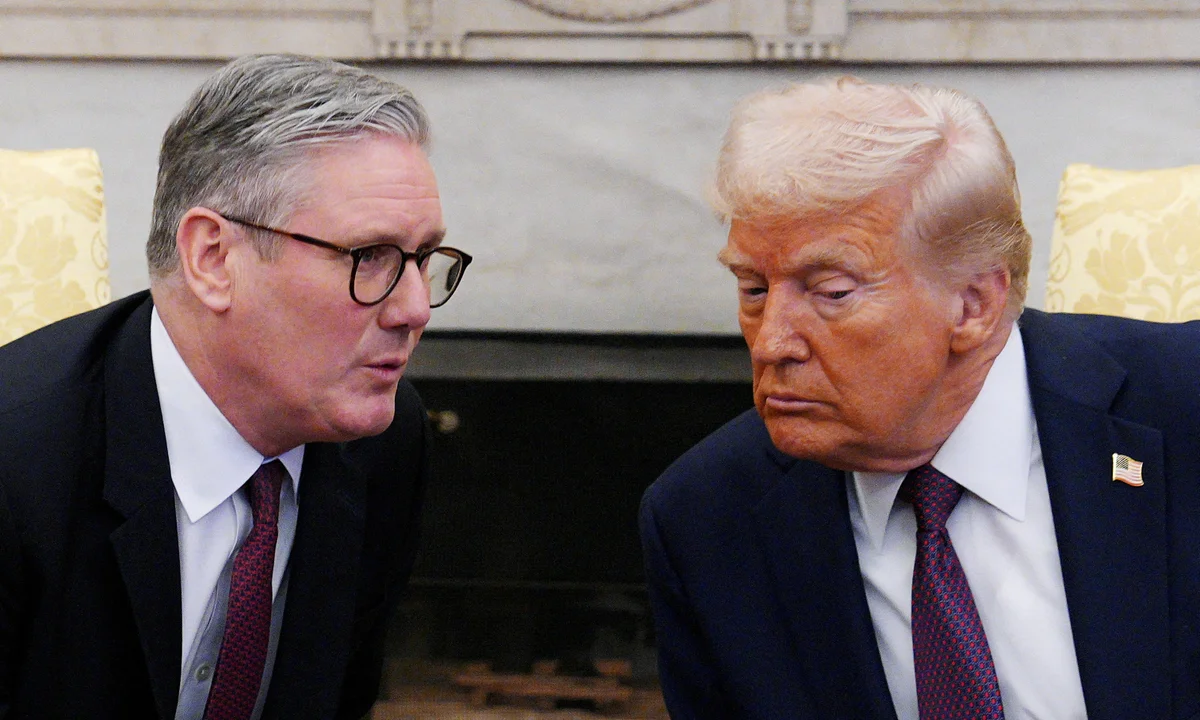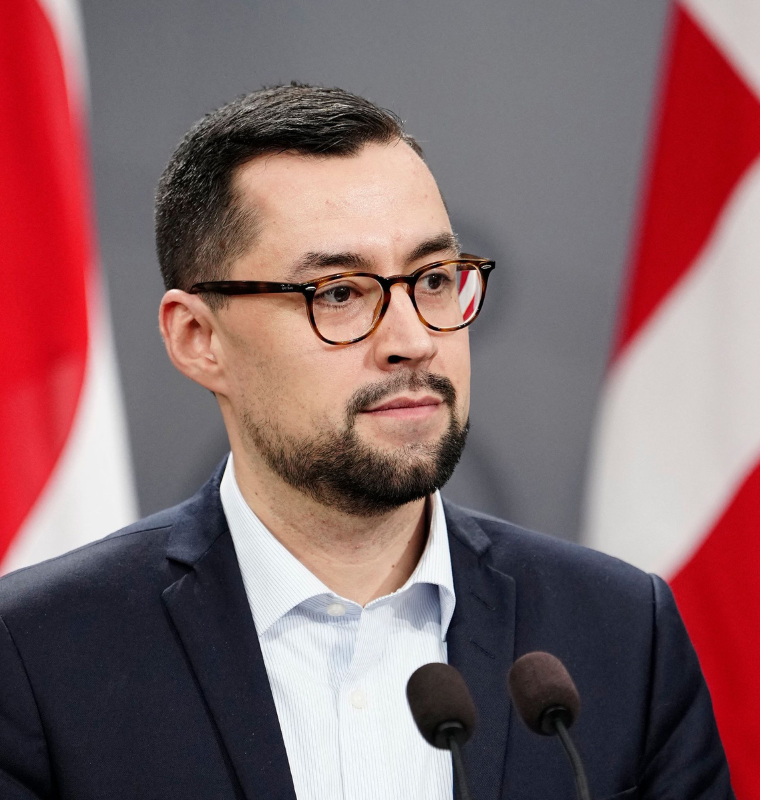Britain Bets on Trump: Why the UK Is Banking on a Controversial Ally to Weather Its Storm
Britain Bets on Trump: Why the UK Is Banking on a Controversial Ally to Weather Its Storm
By
Calder Monroe
Last updated:
September 16, 2025
First Published:
November 30, 2025

Photo: The Guardian
A High-Stakes Visit Amid Political Turmoil
Donald Trump’s whirlwind return to the United Kingdom arrives at a critical and chaotic moment for Prime Minister Keir Starmer. Over the past two weeks, Starmer has been hit by a wave of crises: Deputy Prime Minister Angela Rayner resigned over a high-profile property tax scandal, forcing a rushed cabinet reshuffle. Days later, Starmer dismissed the UK’s ambassador to Washington, Peter Mandelson, following revelations of Mandelson’s past ties to disgraced financier Jeffrey Epstein.
Meanwhile, over 100,000 protesters flooded central London last weekend, railing against what they see as unmanageable immigration levels. Within Starmer’s own Labour Party, whispers of dissent are growing louder, with several MPs reportedly questioning whether he has the resolve and clarity to steer the country forward.
Amid this political storm, the UK government is hoping Trump’s state visit will not just bring pageantry—but also provide a badly needed shot of optimism and global spotlight.
Pageantry Meets Power Politics
Trump, an outspoken admirer of Britain’s royal traditions, will be welcomed with full ceremonial honors on Wednesday. King Charles III and Queen Camilla will greet the former U.S. president and former First Lady Melania at Windsor Castle, where they’ll receive a royal salute and join a stately carriage procession through the castle grounds.
Security has been ramped up to unprecedented levels. Hundreds of police officers are stationed across Windsor, with counter-drone systems deployed and streets cleared for days ahead of the visit. Trump will lay a wreath on Queen Elizabeth II’s tomb, followed by a dramatic aerial display featuring U.S. F-35 fighter jets flying alongside Britain’s iconic Red Arrows. The evening will culminate in a lavish state banquet, complete with speeches by both the king and the former U.S. president.
This isn’t Trump’s first taste of British pomp—his 2019 state visit under Queen Elizabeth II drew massive crowds and global headlines. But this time, the stakes are far higher for Britain.
Trade Talks in the Spotlight
Thursday will shift from ceremony to substance. Trump and Starmer will convene at Chequers—the prime minister’s official country retreat—for bilateral talks with senior trade officials and leading executives from both sides of the Atlantic.
Britain hopes to secure major progress on its stalled post-Brexit trade agenda. The UK was the first country to ink a trade pact with Trump during his presidency, winning a baseline 10% tariff on its exports to the U.S. Now, London is pushing for more ambitious agreements, especially in high-growth sectors:
- Technology: Alphabet has pledged £5 billion to build advanced AI infrastructure in Britain, while BlackRock has unveiled a £500 million investment in UK data centers.
- Energy: Both nations recently announced a nuclear energy partnership, including the development of a new nuclear power station in Hartlepool projected to generate over 4,000 local jobs.
- Metals and manufacturing: The UK currently faces a 25% levy on steel and aluminum exports to the U.S.—down from the 50% Trump originally threatened. Starmer hopes to negotiate lower tariffs and expand quotas to boost British manufacturing.
Analysts estimate a successful deal could inject an additional £20–£30 billion into the UK economy over the next decade, while safeguarding tens of thousands of jobs tied to export industries.
Political Lifeline for Starmer
For Starmer, these talks could be politically existential. Labour’s popularity has nosedived since its landslide victory last year. A recent YouGov poll from September 8 revealed just 12% public approval for the government, with 69% disapproving and the remainder undecided.
If Labour performs poorly in the May 2026 local elections, Starmer could face an internal leadership challenge. Critics argue he has struggled to transition from legal tactician to decisive leader. “Labour is failing because Starmer is a lawyer, not a leader,” said market strategist Bill Blain in his widely read Blain’s Morning Porridge newsletter, adding that Labour has yet to leverage its majority to deliver bold policy outcomes.
Trump’s warm personal tone toward Starmer could prove a valuable counterweight to these domestic woes. In June, when asked if the UK would face higher tariffs, Trump quipped: “The UK is very well protected. You know why? Because I like them.” That remark, while informal, underscored the unusual personal rapport between the two men—despite their ideological differences.
The Stakes Couldn’t Be Higher
Starmer’s government is banking on Trump’s visit to spark momentum, restore investor confidence, and reassure jittery markets that the “special relationship” remains strong.
If Trump leaves Britain signaling goodwill and trade progress, Starmer could gain the breathing space he desperately needs to reset his leadership. If the visit flounders—or if talks collapse—the political backlash at home could be immediate and unforgiving.
For now, the UK is rolling out its grandest display of royal pageantry and diplomatic charm, betting that Donald Trump’s affection for Britain could become the anchor Starmer needs in his hour of political turbulence.
Popular articles
Subscribe to unlock premium content
Snow, Silence, and Splendor

The $60 Million Market for Ultra-Exclusive Executive Pop-Up Experiences

Conquering the Poles in Absolute Luxury

Snow, Silence, and Splendor

The $60 Million Market for Ultra-Exclusive Executive Pop-Up Experiences

Snow, Silence, and Splendor









